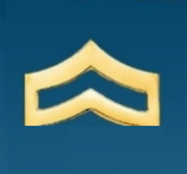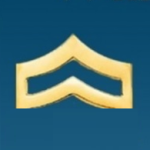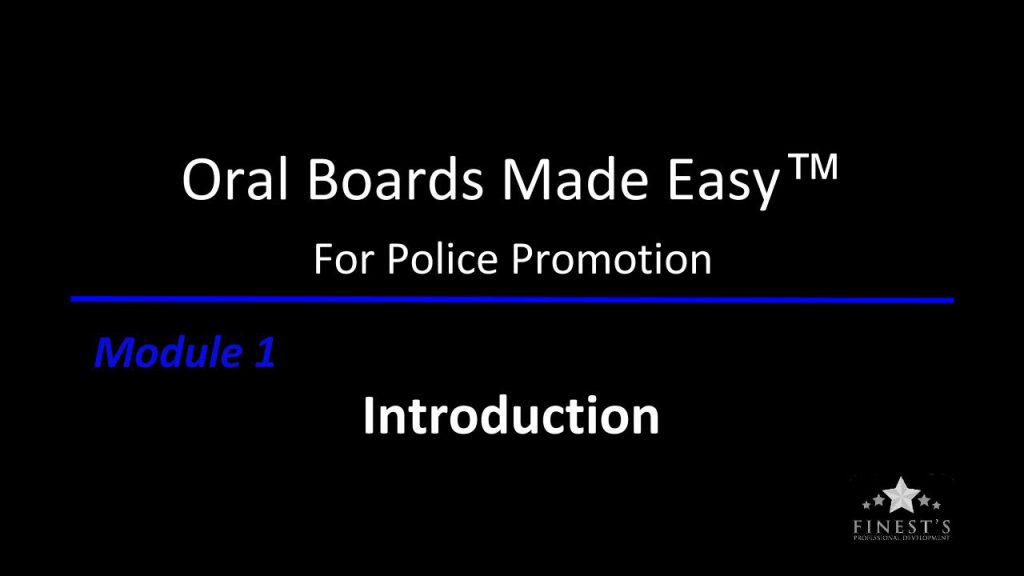Police Oral Board Scenario Questions:
“You are a new corporal and a senior officer - who you like and respect - disregards a direct order that you have given them. What would you do?”
Police promotion scenario questions are an excellent way for oral assessment raters to gauge a candidate’s decision making and judgment. For that reason, candidates should not assume that the raters understand the reason that a particular course of action is being declared. Candidates must be clear on the reason that they believe the course of action that they are stating in their oral assessment response is the correct course of action. Few agencies have a supervisory rank below that of corporal, which means that corporal candidates often lack police supervisory experience when seated across from the assessors. As a candidate you can expect that the police promotion scenario questions asked of you will be a bit outside of your comfort zone, especially as that pertains to supervisor / subordinate interactions.
“If you are looking for a well designed assessment / oral interview study program this is the one. The program is very reasonably priced, so don’t risk your career watching free videos or just reading articles on line. If you’re serious about getting promoted, invest in your career and use The Oral Boards Made Easy program. It will help you get promoted.”
-Promoted to Lieutenant in Massachusetts
ANSWER TRANSCRIPT:
Failure to Follow a Direct Order
“As an officer, I have prided myself on seeking out the high quality senior officers so that I could learn from them and tap into their experience when I am confronted with a challenging situation. I say that because, as stated in this scenario, if this is a senior officer that I like and respect it would certainly be a high quality officer, which makes that officer’s negative behavior even more troubling.
I learned long ago that once I achieve a supervisory position one of the first things that I should do is meet with each officer under my command in a one on one setting to hear the concerns that they see from their perspective and to then share the expectations that I have for them. These expectations will not be merely a list of my wants, rather it will be a reinforcement of the expectations that the department holds for each of them. Chief among those expectations will be a professional relationship based on respect, communication, and integrity.
I share that background with you because it would be very likely that if the disregarding of a direct order occurred by a senior officer, it would be after our meeting on professional expectations.
My first step would be to meet with that officer and get clarity on why they chose to do differently than directed. This is not to give the officer an out, but rather for me to have a better understanding of the circumstances that led to the disregarding of the order. I suspect, in a small number of cases, the alternative behavior may have been justified, such as if my sergeant – without informing me – gave that senior officer conflicting instructions without my knowledge.
The important thing for me to keep in mind is that my authority to direct the behavior of my personnel comes from the chief of police. The chief – through delegation – expects me to make decisions that advance the mission of the department as well as meet the daily needs of the community. Assuming that I made such a decision and the senior officer took it upon themself to ignore that decision, then it would be incumbent upon me to take corrective action.
My next step would be to verbally redirect the officer to the correct behavior. I would then have the officer document what occurred to include the reason that they chose to ignore the direct order that I gave. And lastly, I would complete my own report that includes the officer’s information and forward that up the chain of command for consideration of formal negative discipline.
I am not taking this position to make the lives of my officers difficult, just the opposite, I am seeking to develop a strong team and keep my officers safe. Deviations from direct orders can compromise both.
Regardless of whether those above me in the chain of command believe formal negative discipline is necessary, I will have a follow up conversation with the officer to restate expectations – especially regarding direct orders – and I will keep a record of that conversation and monitor the officer going forward to assure that this type of situation does not occur again.
And that is how I would address a scenario where a senior officer disregarded a direct order.”
